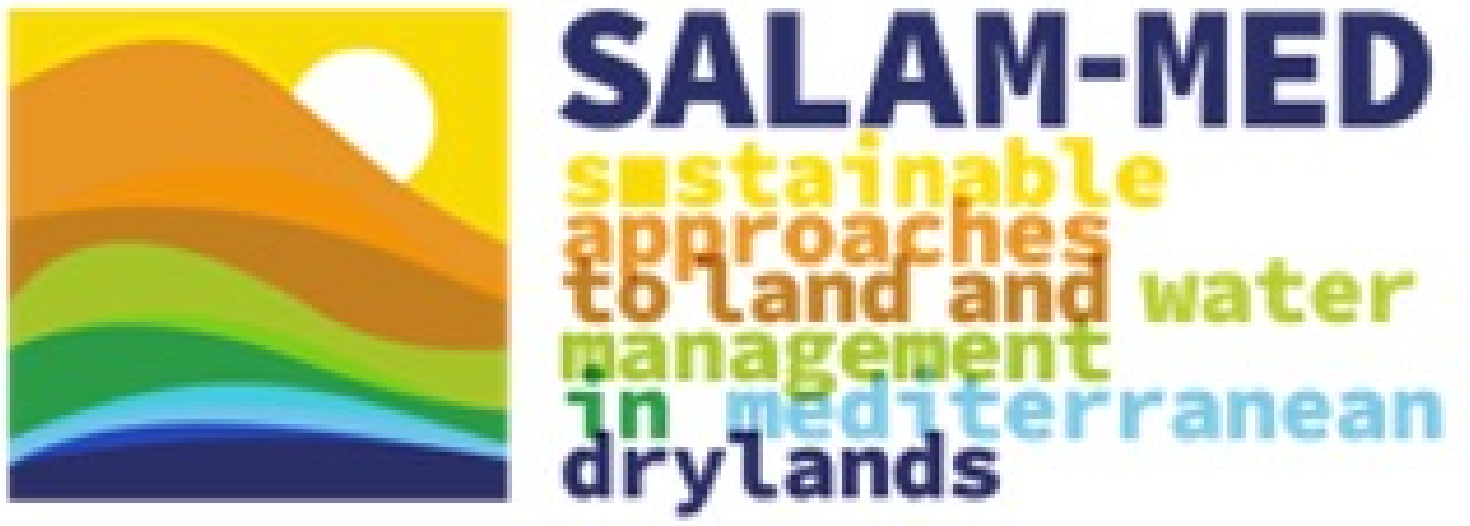The olive tree, a symbol of Mediterranean cultural heritage, has shaped the landscape, economy, and traditions of the Messenia region in northwest Peloponnese for millennia. As climate change varies meteorological patterns, it becomes crucial to assess its impacts on olive cultivation practices and develop sustainable management strategies that preserve this agricultural heritage. Higher temperatures, reduced precipitation, and extreme weather events such as droughts and floods threaten the fragile balance between traditional farming practices and environmental sustainability. Furthermore, intensive farming methods create risks to soil fertility, water resources, and biodiversity—elements that are essential to the longevity of olive cultivation as a cultural asset.
This study adopts a living lab approach, integrating scientific research, stakeholder engagement, and capacity building to develop and test sustainable solutions within the real-world context of olive agroecosystems. Through participatory processes such as stakeholder meetings, workshops, and field visits, challenges are identified, traditional knowledge is documented, and innovative practices are co-created. This collaborative approach ensures a mutual commitment and active involvement in developing strategies that are practical, scalable, and impactful.
Key field experiments within the living lab have been developed to monitor agrometeorological indicators and evaluate agricultural practices with a focus on soil and water management. The first experiment examines the effects of herbicide application, natural vegetation mowing, and cover crop seeding on soil erosion in hilly orchards and the second evaluates water-use efficiency by comparing current irrigation practices with phenology-based irrigation and rainfed orchards. These experiments inform practical recommendations for improving soil quality, plant growth, and olive oil production while reducing environmental impact.
Capacity-building efforts are fundamental to the living lab approach. Regular workshops and field visits facilitate the exchange of knowledge and best practices among stakeholders. Farmers receive technical guidance on adopting sustainable practices, while the project promotes the use of digital tools and remote sensing technologies for monitoring and decision-making in soil and water management.
By fostering an environment of co-creation, learning, and innovation, this living lab initiative bridges cultural heritage preservation with sustainability. It highlights how participatory, real-world experimentation can enhance the resilience of olive cultivation, protecting its cultural and ecological legacy for future generations.
